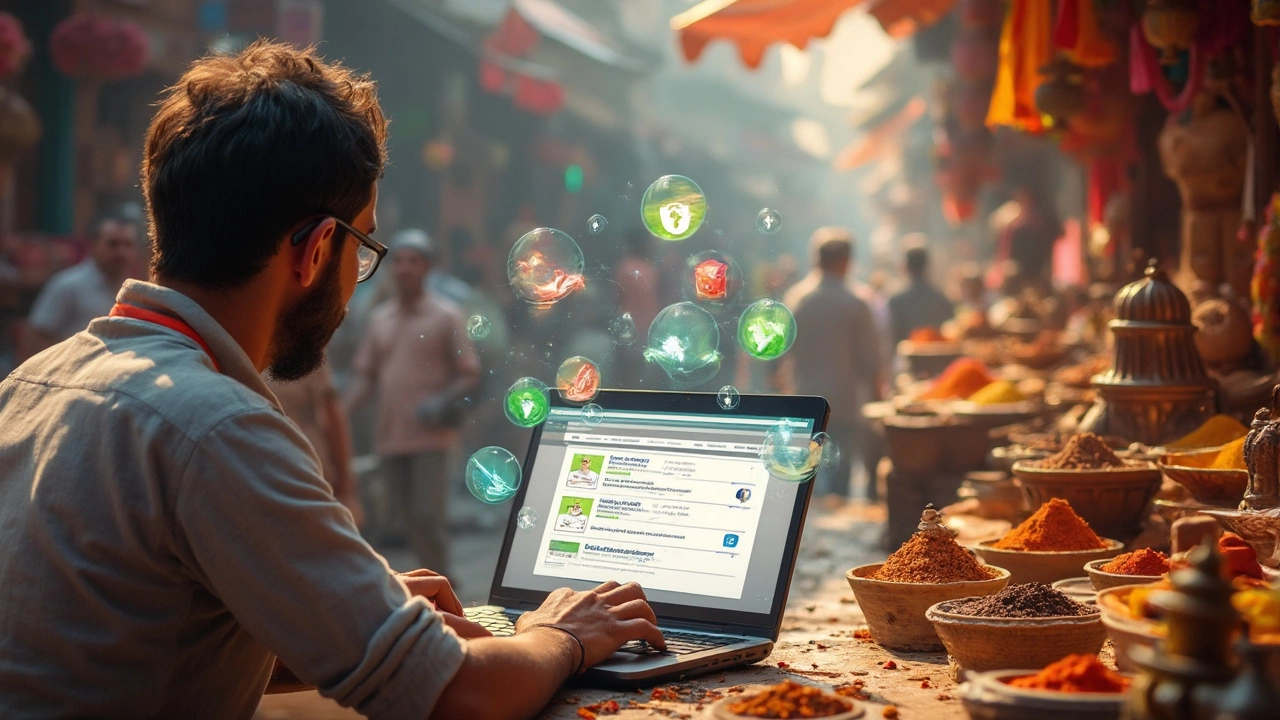Safe Online Drugs: Your Quick Guide to Buying Medicine Without Risk
Buying medicines on the internet feels convenient, but a bad click can land you with counterfeit pills or a data breach. Below are the steps you can take right now to make sure the drugs you receive are genuine, safe, and legal.
Check the pharmacy’s credentials
First thing – look for a valid license. In India, a licensed online pharmacy will display the Pharmacy Council of India (PCI) registration number on its footer. You can verify this number on the council’s website. If the site hides its address or refuses to show a phone number, walk away. A legitimate pharmacy also offers a clear return policy and a real‑person customer support line.
Verify the medication before you click ‘Buy’
Read the drug label carefully. The generic name, strength, and manufacturer should match what you see on the packaging in a physical store. If a brand name looks misspelled or the price is far lower than market rates, it’s a red flag. Use tools like the Drug Information Portal or the Ministry of Health’s drug database to confirm the details.
Never share your prescription on public forums or unsecured chat windows. Upload the prescription only through the pharmacy’s encrypted portal. Look for “https://” and a padlock icon in the address bar – they indicate a secure connection. It’s also a good habit to use a dedicated email address for medical orders, so your personal inbox stays clean.
Payment methods matter. Credit cards usually give you extra protection against fraud, while prepaid cards or crypto can be a sign of a shady operation. If a site only accepts wire transfers or asks you to pay via weird apps, stop and find another seller.
After you receive the package, check the seal and the batch number. Authentic medicines have a tamper‑evident seal and a batch code that you can cross‑check with the manufacturer’s website. If anything looks off – powder instead of tablets, strange colour, or a broken seal – contact the pharmacy immediately and consider reporting them to the drug regulator.
Keep a record of all communications, receipts, and shipping details. If you need to file a complaint later, having a paper trail will speed up the process. In India, you can lodge a grievance with the National Consumer Helpline or the Pharmacovigilance Programme of India.
Finally, stay informed. Follow trusted health blogs, government alerts, and reputable medical channels for updates on drug recalls or emerging counterfeit trends. The more you know, the easier it is to spot a fake before you buy.
By following these simple checks, you can enjoy the convenience of online pharmacies without putting your health or personal data at risk. Safe online drugs start with smart choices – treat your internet pharmacy the same way you would any brick‑and‑mortar store, and you’ll stay on the right side of safety.

Legit Online Pharmacies: How to Spot the Real Deal
Shopping for medications online can be convenient, but navigating the plethora of internet pharmacies can be daunting. Learn how to identify legitimate online pharmacies, ensuring you are purchasing from safe and reliable sources. Understand the red flags to avoid scams and protect your health. Discover tips and tricks to verify the authenticity of online sellers, empowering you to make informed decisions. Stay safe with these key insights into the world of online pharmacies.

Which Celebrities Have Undergone IVF Treatment?
Nov, 20 2025



